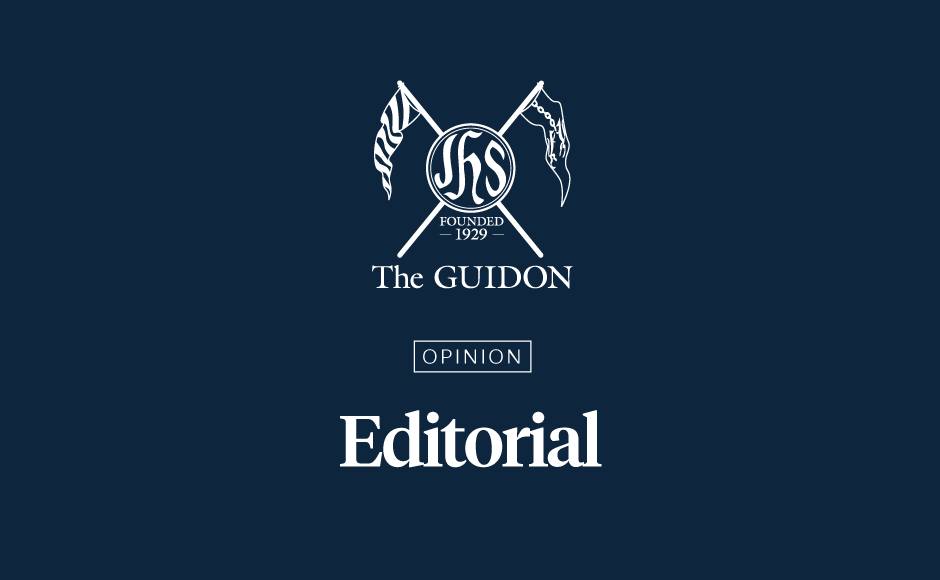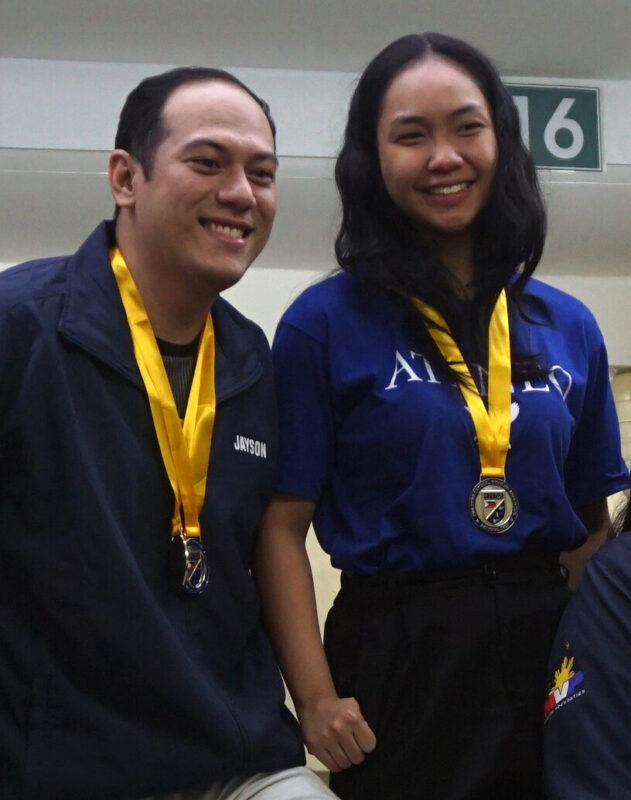A post that spoke of a faculty member who allegedly sexually harassed a number of his students was published on the ADMU Freedom Wall Facebook page, and sparked outrage on social media late in September.
The post read, “I’m sick and tired of seeing that one “famous” professor on Twitter gain a platform off calling out abusers and being woke, when he himself would make his students uncomfortable.” Its anonymous poster claimed that the aforementioned perpetrator would message their students asking for photos of their feet, or invite them to his bedroom for individual consultations to be recorded on camera. In the immediate aftermath of the post, many students of the professor in question, some now alumni, claimed that the professor had been consistently practicing his predatory behavior over the course of his teaching career in the University.
Cases dealing with sexual misconduct are unfortunately not uncommon in the University these days. In November 2017, Ateneo Senior High School student Alexis Claire Venzon came forward in a Twitter thread about her experiences of harassment. In her tweets, she recalled the several instances her male schoolmates harassed her throughout the school year and mentioned how her former strand coordinator failed to defend her. In the same month, an anonymous student submitted an entry to the now-deactivated ADMU Rantbox Facebook page, detailing their experience of being harassed by a philosophy professor during an oral examination. The student wrote that their professor spent “the better part of [the] oral exams just staring at [their] chest.”
Whether directly or indirectly, the ensuing changes in the University, both on the levels of student culture and administrative policy, were nothing short of swift and dramatic. Faculty members and administrators conducted a study on the University’s existing policies regarding sexual misconduct. Memos and statements on proper oral examination protocols and filing harassment complaints were released by different departments and offices. The Sanggunian also formed the Commission on Anti-Sexual Misconduct and Violence, as well as the Commission on Gender Equality.
Despite these efforts, some cases of sexual misconduct still go unnoticed. Regardless of the improvements these initiatives claim to bring to the table, the University hasn’t proven itself to be safe against sexual predators, and this is due largely to its own response to these situations.
All this begs the question, what really changed in all this? For all the University community’s effort at intentional discourse and action, a culture of silence still very clearly permeates the “safe space” Ateneo has so proudly built for itself in the name of cura personalis. With all the task forces, research, and new and developing policies, why does the abuse continue?
As the University administration puts efforts in place to ensure the student body’s safety from each other, so too must it regulate its own faculty members. If the Ateneo wants to ensure a safe environment for its students, it will have to pursue transparency much, much more than it has in recent years.
While cases of sexual misconduct are known to be present in the University, the incident raised in the ADMU Freedom Wall post is one of the few instances where harassment from a professor was articulated. In the same spirit that comprises the #MeToo movement, many more students have taken to social media to expose other faculty members in the University.
Therein lies another alarming concern: When the student body sees the filing of unofficial complaints on social media as one of the only viable solutions and only avenues where they feel empowered to speak up, something clearly isn’t working.
The ensuing discourse yielded questions of perceived impunity from faculty members, as Ateneans on social media began to speak out about harassment from different, less prominent professors. The fame and prominence of the professor in question from the Freedom Wall post is arguably one of the reasons why the issue exploded the way it did on social media, relatively more than the cases perpetrated by lesser-known professors such as in the case of the Philosophy Department back in Rantbox. Does it take a ‘legendary’ professor’s abuse to get the community as rattled as it did?
Despite its limited wording, the legal definition of sexual harassment in Republic Act 7877 is one under which harassment from the hands of faculty members still falls, as it includes sexual demands and requests from someone who holds authority towards the receiver. For a Catholic and Jesuit institution that promises its students a safe space, the reality of harassment from our own teachers is an irony that is simply unacceptable. Has the University really provided students and their families with the security they guaranteed, if even the administration fails to recognize the safety hazards that lurk in positions of power? Must the survivors of professor-perpetrators graduate knowing their abusers continue to teach?
In the wake of this incident, and all incidents that have yet to reach justice, The GUIDON calls for the University to revisit the code of conduct for teachers and other employees. We call for the University to ensure it does not abuse the faith entrusted to it by its very students and their families. We call for the University administration to hold itself accountable for any and all injustices inflicted, even if it entails questioning the very figures and legends that bring the University excellence.







